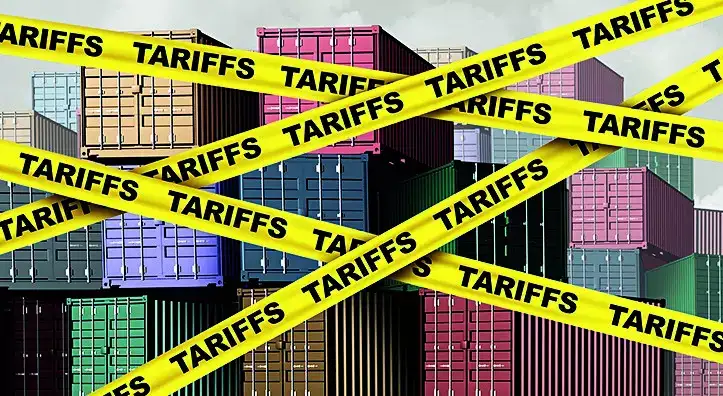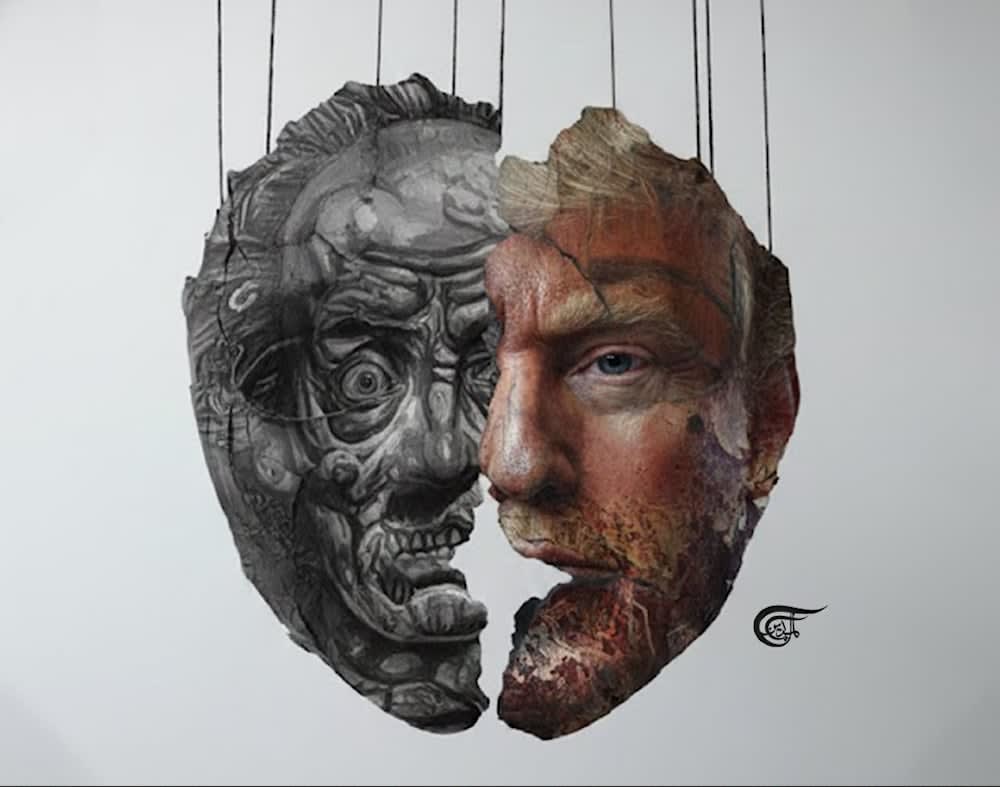The impending US tariffs pose a significant challenge for Indian exports, particularly in labor-intensive sectors such as leather and textiles, which are set to face steep duties. This situation threatens job security in key states like Uttar Pradesh and Gujarat, where these industries are vital to the local economy. The Modi government’s inclination towards fiscal prudence complicates the response; it appears poised to refrain from extensive financial support for businesses adversely affected by these tariffs. Instead, a modest credit package is being contemplated, which may not sufficiently address the needs of small exporters grappling with the fallout from these trade barriers.
The core takeaway from this scenario is the delicate balance the Modi administration must strike between maintaining fiscal discipline and supporting vulnerable sectors. While the government’s cautious approach may be rooted in long-term economic stability, it risks exacerbating the challenges faced by small exporters who lack the resilience to absorb the impact of increased tariffs. Policymakers must consider the broader implications of their decisions, as the potential loss of jobs and economic vitality in these regions could have lasting effects on India’s overall economic landscape.








